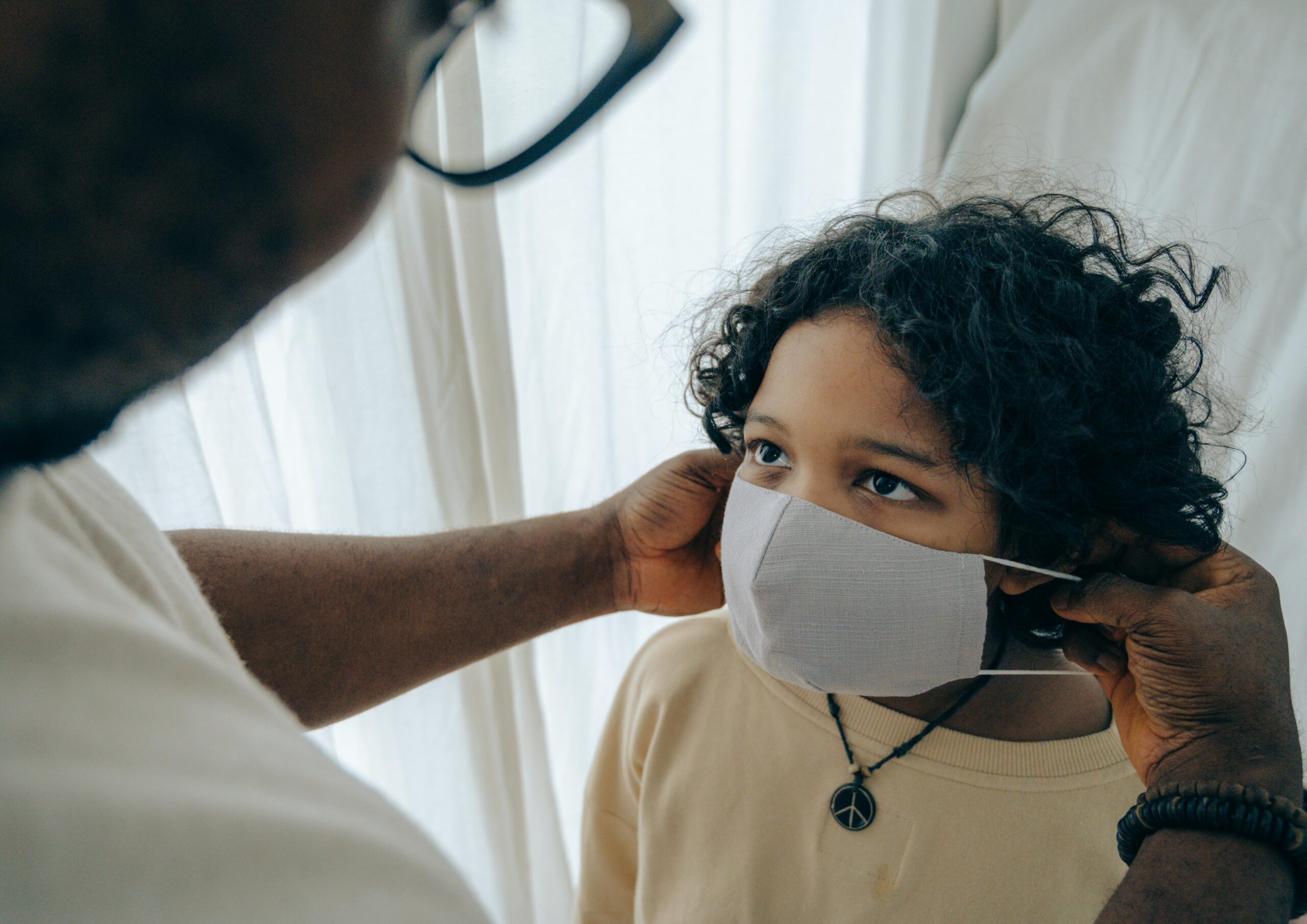The Lifelong Impact of School Bullying: Understanding Trauma and Its Legacy
2 December 2024

Bullying is often dismissed as a part of growing up, but research tells a very different story. For many, the experience of being bullied leaves deep emotional scars that persist long into adulthood, shaping mental health, relationships, and professional lives. As education professionals, understanding the enduring impact of bullying is essential in fostering environments where children feel safe and valued. This article explores how bullying creates lifelong trauma, its effects on adult life, and the role schools can play in breaking this cycle.
Bullying’s Lasting Emotional Impact
Children who are bullied are more likely to experience chronic stress, which can embed itself deeply in their psyche, even years after the bullying ends. A 2022 UK study published in The Lancet Psychiatry found that adults who were bullied in childhood had a 60% increased risk of developing mental health conditions such as anxiety, depression, and even post-traumatic stress disorder (PTSD). As these children grow into adults, the emotional wounds from bullying may manifest as:
- Low Self-Esteem: Victims often internalise the negative messages they received, believing they are unworthy or inadequate.
- Difficulty Forming Relationships: Trust issues and fear of rejection can make it challenging to build and maintain close personal or professional relationships.
- Persistent Anxiety: The hypervigilance developed during childhood bullying can carry into adulthood, affecting daily interactions and decision-making.
Consider Jane, a teacher in her mid-40s, who avoids staff meetings because they remind her of being ostracised at school. She excels at her job but struggles with chronic self-doubt. Jane’s story is not unique; many adults unconsciously carry the weight of childhood bullying into their careers and relationships.
Physical Health Consequences
The effects of bullying aren’t limited to mental health. Repeated exposure to stress during childhood can lead to long-term physiological consequences. Research conducted by King’s College London reveals that individuals who were bullied are more likely to develop chronic health issues such as:
- Cardiovascular Problems: Chronic stress from bullying has been linked to higher blood pressure and heart disease.
- Weakened Immune Systems: Prolonged exposure to stress hormones can compromise the body’s ability to fight off illness.
- Sleep Disorders: Insomnia and other sleep disturbances are common among those with a history of being bullied.
This means that for many adults, the trauma of childhood bullying doesn’t just linger in their minds—it manifests in their bodies, too.
The Career Legacy of Bullying
Bullying can leave a legacy of professional challenges that stem from the fear and self-doubt instilled during formative years. Victims may experience:
- Imposter Syndrome: A persistent belief that they are not deserving of their accomplishments, leading to chronic overwork or underachievement.
- Conflict Avoidance: Reluctance to address workplace issues, potentially allowing toxic dynamics to go unchallenged.
- Career Stagnation: A reluctance to pursue leadership roles or career advancement due to low confidence.
For example, a study by the University of Warwick found that adults who were bullied as children earned lower incomes and held fewer leadership positions compared to their peers. These findings underscore how deeply bullying can shape life trajectories and outcomes.
What Schools Can Do to Break the Cycle
Education professionals have a unique opportunity to disrupt the cycle of bullying and reduce its long-term impact. While much of the damage is done during school years, proactive interventions can significantly mitigate harm.
1. Train Staff to Recognise Bullying’s Early Signs
Bullying is not always overt. Subtle behaviours such as social exclusion or non-verbal intimidation can be equally damaging. Training teachers and staff to spot these early signs and intervene effectively is crucial.
2. Embed Mental Health Support in Schools
On-site mental health services, such as school counsellors or drop-in sessions, can provide immediate support to victims. Creating safe spaces where children can share their experiences helps them feel validated and reduces the risk of long-term trauma.
3. Adopt Whole-School Approaches
Programmes such as the UK’s Anti-Bullying Alliance and initiatives like the Diana Award Anti-Bullying Campaign offer comprehensive strategies to reduce bullying. These initiatives focus on creating inclusive cultures, educating about kindness, and empowering bystanders to act.
4. Teach Resilience and Social Skills
Building resilience in students can equip them with the tools to manage conflict and rejection more effectively. Social-emotional learning (SEL) programmes that teach empathy, self-awareness, and assertiveness can help all students navigate challenges more confidently.
5. Monitor Outcomes
Schools should actively evaluate the effectiveness of their anti-bullying policies through regular surveys and feedback mechanisms involving students, staff, and parents. Understanding trends and adjusting strategies ensures continual improvement.
Supporting Adult Survivors
While schools focus on prevention, education professionals can also play a role in supporting adult survivors of bullying—many of whom are fellow educators or parents. Understanding their struggles can foster empathy and create more inclusive workplace environments.
Encouraging survivors to seek out support can help them process unresolved trauma. UK organisations such as Mind and the Samaritans provide accessible mental health resources, while specific support networks like BullyBusters or the National Bullying Helpline can offer tailored guidance.
Moving Forward
The lifelong impact of bullying is a reality we can no longer afford to ignore. For education professionals, this is both a challenge and an opportunity. By addressing bullying at its roots and supporting those affected, schools can help break the cycle of trauma that many carry into adulthood.
Every child deserves to grow up in an environment where they feel safe, respected, and valued. As educators, we have the power to create such spaces—and in doing so, we can profoundly impact not just their school years, but their entire lives.
UK-Based Support Resources for Bullying and Mental Health
- Anti-Bullying Alliance: Provides guidance and resources for schools and parents to tackle bullying.
- YoungMinds: Offers support for children and young people struggling with mental health.
- National Bullying Helpline: Free advice for those experiencing bullying, including workplace bullying.
- Childline (0800 1111): A 24/7 service offering confidential support for children and young people.
- Samaritans (116 123): Provides round-the-clock support for anyone in emotional distress.
By leaning into these resources and fostering resilience in schools, we can turn the tide on bullying and its lifelong effects. Together, let’s create a future where no child—or adult—has to live in its shadow.

THE TIME FOR KINDNESS
AND CONNECTION IS NOW
We know just how busy you are. We’d love to chat to you about how these courses work and the impact they will have on your school. You may also be unsure about what level of training your school may need – let’s talk!
We’ll get to know you, your school and the needs of your children, staff and community to deliver a bespoke and unique session.
Catch up on news!
Things move quickly. Here you’ll find our thoughts, ideas, research and musings on industry developments and the world of kindness and connection. Take a read..



